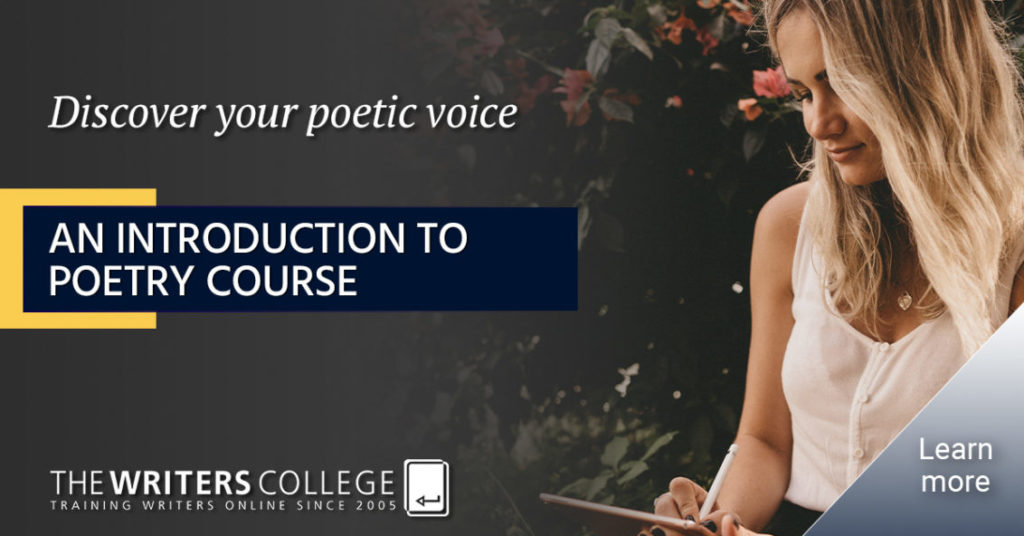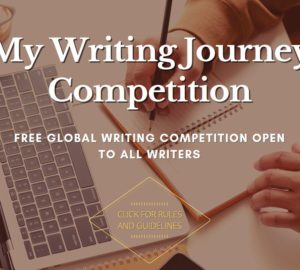
BY HANNAH GREEN
If you want to write poetry, you need to read it. The good and the bad!
When reading poetry you instinctively judge the poems. By reading a variety of poetry you will be able to see what works for you, but the key is to figure out why you think it’s a good poem.
You don’t need to do a line by line analysis to work out why you like a poem. Here are some aspects of a poem to look at when reading it, and some questions to ask yourself.
Theme:
A theme is an underlying idea in a poem; it is the main message that the poet is trying to get across. Ask yourself what the meaning of the poem is as a whole, and then look at each stanza and see if they say similar things or entirely different things. Why does or doesn’t this theme appeal to you?
Emotion:
What emotions do you feel when reading this poem? Does it make you smile, or make you sad or are you left feeling indifferent? The matter is not what you feel, but that it makes you feel something. A poem that leaves you feeling very little probably hasn’t appealed to you; you should ask yourself why this is.
Speaker:
Who is the speaker in the poem? Who is talking? Is it the poet or is it a character they have created? Is there more than one person speaking? Such as a narrative, when the author chooses a point of view to tell the story from. Ask yourself if the message in the poem would be different if told from another point of view? Would the poem be better or worse for you if another character narrated it?
Rhythm and flow:
How does the poem sound if you read it aloud? Do the words flow together like a gentle tide lapping at the shore, or are they forceful and jagged like waves crashing against a cliff? Rhyme, punctuation and spacing can add to the flow of a poem, but the individual word choice is the biggest factor. Why did the poet choose those specific words? Would you have chosen other words with the same meaning but a different sound?
Imagery:
What images are created by the poet? Are they linked to the feel and theme of the poem, or do they seem to contradict them? Poets choose their imagery as they do their words: with a specific intention. Do you add imagery into your poem because it ‘looks’ nice, or do you use imagery to enhance the meaning of the words?

How could you improve the poem?
Take a few moments to pinpoint the ‘flaws’ in the poem. How would you improve on them and why? Are they flaws in the poem itself, or just for you?
By looking at these aspects of a poem you will discover what you like in poetry. If it works for you when reading a poem, it should work for you when writing one. Pay attention to the finer details of a work, and see if you can achieve the same effect in your own. If you start reading a poem and it turns out that you don’t like it, then finish reading and ask yourself why. Knowing why a good poem is good should include knowing why it is bad.
About the Author:

She won the 2011 SA Writers College Short Story Competition with her story ‘The Tokoloshe’. With a BA Degree in English Literature from the University of the Witwatersrand (2007) and an HonsBA Degree from the University of South Africa (2009), she is about to embark on her Master’s Degree. She completed the Short Story Writing Course at the Writers College in 2010.













